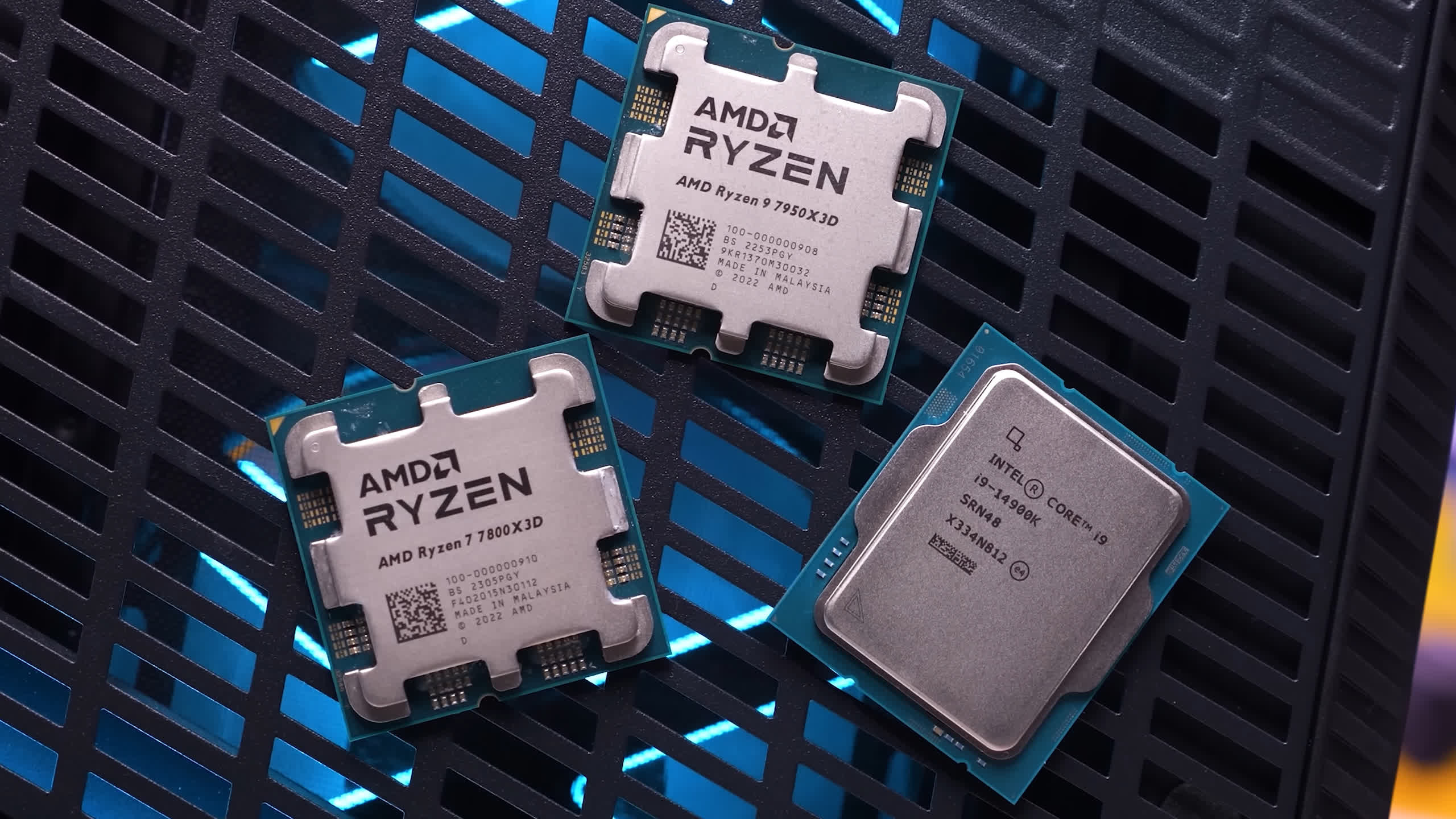It seems like you’ve pasted a segment of an article from TechSpot discussing the comparison between AMD’s Ryzen 7 7800X3D and Intel’s Core i9-14900K CPUs in terms of gaming performance, power consumption, and overall value for gamers. The article also touches upon factors such as heat production, upgrade paths, and platform longevity.
From the excerpt you provided, the following points can be deduced:
1. At 1080p gaming resolution, the Ryzen 7 7800X3D is only slightly faster than the Core i9-14900K, with an average performance delta of about 5%.
2. At 1440p, the difference in gaming performance shrinks further to around 4%, emphasizing that higher resolutions become more GPU-limited, diminishing the CPU performance gap.
3. When it comes to power consumption, the Intel Core i9-14900K reportedly uses 30% more power than the AMD Ryzen 7 7800X3D, which translates to significantly higher heat output and potentially higher energy costs.
4. The Ryzen 7 7800X3D is praised for its excellent gaming performance, power efficiency, cooler operational temperatures, and the value proposition of the AM5 platform, which offers an upgrade path through at least 2025.
5. Drawbacks for the Ryzen 7 7800X3D are minimal, with the most significant being incompatibility with older architectures like AM4, requiring an investment in new motherboards and memory for upgraders.
6. On the Intel side, the Core i9-14900K is strong in both gaming and productivity, but is criticized for high power consumption, the necessity for robust cooling solutions, and the lack of an upgrade path on the LGA 1700 platform.
7. Overall, the article’s author leans favorably towards the Ryzen 7 7800X3D as a “nearly flawless” choice for gaming.
The bottom section of the excerpt lists various processors with shopping shortcuts for those interested in purchasing them.
It’s clear from this comparison that both CPUs have their own strengths and weaknesses, and the best choice depends on the user’s specific needs, existing system compatibility, and expectations regarding power efficiency, performance, and potential for future upgrades
Read More

